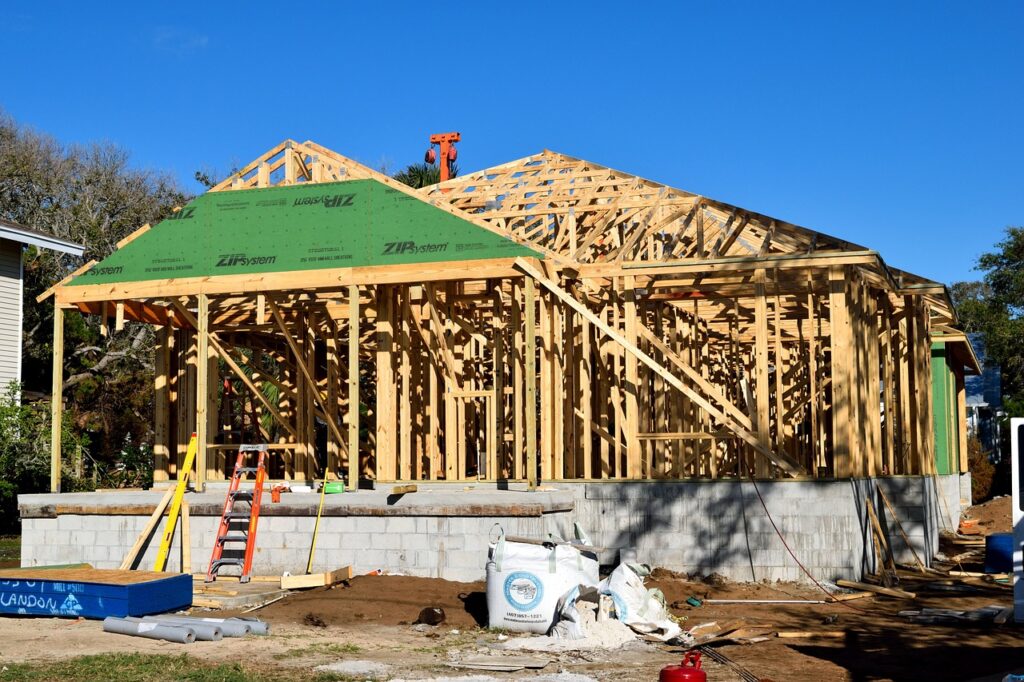Finding the best lawn care service means choosing a company that combines expertise, reliability, and quality results. Many factors like experience, customer reviews, and range of services determine the value of a lawn care provider. The best lawn care service offers consistent, thorough maintenance tailored to the specific needs of each yard.
A good service will handle everything from mowing and fertilizing to pest control and seasonal cleanup. They use professional equipment and eco-friendly products to keep lawns healthy and vibrant. Customers often prioritize services that deliver visible improvements without unnecessary upsells.
Understanding what makes a lawn care company stand out helps people make informed decisions for their property. Whether for small yards or large landscapes, the ideal service simplifies lawn maintenance while improving curb appeal.
Choosing the Best Lawn Care Service
Choosing a lawn care service requires attention to specific details that impact quality and reliability. Evaluating companies involves reviewing their credentials, service offerings, and customer experiences to ensure a good fit.
Key Factors in Evaluating Lawn Care Companies
The most important factors include experience, reputation, pricing, and the range of services offered. Experience often correlates with knowledge of local grass types and pest issues. Pricing should be transparent with no hidden fees.
Reputation can be gauged through references or third-party ratings. Also, analyze how flexible the company is with scheduling and whether they provide customized care plans. Communication and responsiveness are essential for ongoing service.
Certifications, Licensing, and Insurance
Legitimate lawn care providers hold proper licensing to operate legally in their area. Certifications from recognized bodies indicate professional training, such as pesticide application certification.
Insurance, including liability and worker’s compensation, protects the homeowner from potential claims or damages. Always request proof of insurance and verify license validity through state agencies to avoid unlicensed contractors.
Understanding Service Packages
Service packages vary widely in content and pricing. Basic packages typically include mowing, edging, and leaf removal. More comprehensive plans add fertilization, aeration, weed control, and pest management.
Review what each package includes and ask if services are done seasonally or monthly. Clarify if equipment and materials are provided or need to be supplied by the customer. Choose based on lawn needs and budget constraints.
Customer Reviews and Satisfaction Guarantees
Customer feedback provides insight into reliability and quality of work. Seek reviews on trusted platforms and note recurring themes like professionalism or punctuality.
A satisfaction guarantee indicates company confidence in service delivery. Understand the terms, including how complaints are handled and what remedies are available. This policy reduces risk and adds a layer of accountability.
Types of Lawn Care Services
Lawn care involves several specific services tailored to maintain healthy grass, control unwanted plants and pests, and adjust to seasonal changes. Each type focuses on different needs that affect the overall condition and appearance of a lawn.
Routine Lawn Maintenance
Routine lawn maintenance includes fundamental tasks such as mowing, edging, and trimming. These services keep the grass at an optimal height and create clean, defined borders around the lawn. Regular mowing encourages even growth and prevents disease.
In addition, routine care often includes debris removal and basic fertilization. This combination helps maintain soil health and a uniform green color. Scheduling is commonly weekly or biweekly during the growing season to promote consistent lawn vigor.
Weed and Pest Control
Weed and pest control targets invasive plants and harmful insects that disrupt lawn health. Weed control can involve chemical herbicides or manual removal to ensure that unwanted species do not overtake the grass.
Pest control addresses insects like grubs, ants, and beetles that damage grass roots or blades. Treatments vary from targeted pesticides to natural predators, depending on client preferences and environmental considerations. Regular monitoring is essential to detect issues early and prevent widespread damage.
Seasonal Treatments and Enhancements
Seasonal treatments adjust lawn care practices to specific weather conditions and growth cycles. Fertilizing schedules change in spring and fall to provide nutrients essential for growth and recovery.
Other enhancements include aeration, overseeding, and mulching. These improve soil structure, increase grass density, and protect roots through colder months. Proper timing of these treatments ensures the lawn remains resilient throughout the year.


